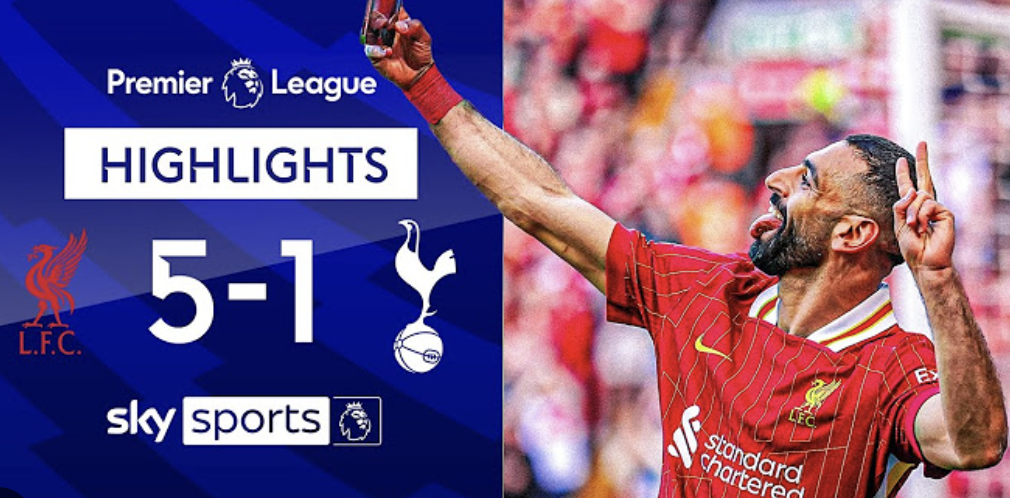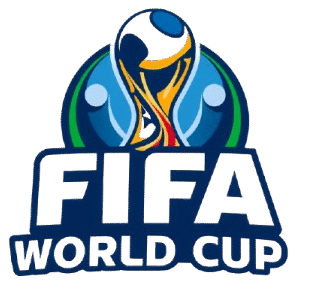Premier League and European Domestic Leagues:
The Premier League, England’s top-tier football league, is one of the most prestigious and globally watched domestic leagues in Europe, often considered the pinnacle of the Big Five European leagues alongside Spain’s La Liga, Germany’s Bundesliga, Italy’s Serie A, and France’s Ligue 1. With a 2024/25 season revenue projected at £6.7 billion from TV rights alone, the Premier League leads in financial power and global reach, attracting top talent and commanding a viewership of 920 million homes across 189 countries. This article explores the Premier League within the context of European domestic leagues, covering its history, format, European qualification, key moments from the 2024/25 season, and comparisons with other major leagues, optimized with SEO strategies for maximum search visibility.

Overview of European Domestic Leagues
The Big Five leagues dominate European football in men’s and women’s competitions, contributing 97% of the top 32 clubs’ enterprise value in 2023, per Ace Advisory’s Football Benchmark. Each league has unique characteristics:
- Premier League (England): Known for competitiveness, high revenue (£15.6 billion combined for Big Five), and global stars like Erling Haaland.
- La Liga (Spain): Home to giants Real Madrid and Barcelona, with strong brand value and technical play.
- Bundesliga (Germany): Boasts the highest average match attendance and fan engagement, led by Bayern Munich.
- Serie A (Italy): Renowned for tactical sophistication, with clubs like Napoli and Inter Milan.
- Ligue 1 (France): Produces world-class talent, anchored by Paris Saint-Germain.
Smaller leagues, like Portugal’s Primeira Liga, Scotland’s Premiership, and Turkey’s Super Lig, also contribute to Europe’s 55 UEFA member associations, each with domestic leagues feeding into UEFA competitions.
History of the Premier League
Founded on February 20, 1992, as the FA Premier League, it replaced the English Football League’s First Division to maximize economic potential. The breakaway enabled lucrative TV deals, stadium upgrades, and global talent acquisition. Since its inception, seven clubs have won the title: Manchester United (13 titles), Manchester City (4), Chelsea (3), Arsenal (3), Liverpool (1), Blackburn Rovers (1), and Leicester City (1). The 2024/25 season saw Liverpool clinch their 20th top-flight title, matching Manchester United’s record, with a 5-1 win over Tottenham on April 27, 2025.
Premier League Format
- Structure: 20 clubs play 38 matches (home and away against each team) from August to May. A win earns 3 points, a draw 1 point, and a loss 0 points. The team with the most points wins the title, with tiebreakers based on goal difference, goals scored, head-to-head points, and away goals in head-to-head matches.
- Promotion/Relegation: The bottom three teams (e.g., Southampton, Leicester City, Ipswich Town in 2024/25) are relegated to the EFL Championship, replaced by the top two Championship teams and a playoff winner.
- European Qualification:
- Champions League: Top five teams qualify for the 2025/26 UEFA Champions League, thanks to England’s European Performance Spot (EPS) secured on April 8, 2025, via strong performances in UEFA competitions. Winners of the Champions League or Europa League also qualify, potentially adding a sixth or seventh team.
- Europa League: Sixth place and FA Cup winners qualify. If the FA Cup winner is already in the Champions League, the spot goes to the next highest league finisher (e.g., seventh).
- Conference League: Carabao Cup winners (Newcastle United in 2024/25) qualify, but if they secure a higher European spot, the place shifts to the next eligible league finisher.
Premier League 2024/25 Highlights

- Champion: Liverpool, securing the title with 82 points after 34 matches, led by stars like Mohamed Salah and Dominik Szoboszlai.
- Top Standings (as of May 3, 2025):
- Liverpool: 82 points (+48 goal difference)
- Arsenal: 67 points (+34)
- Manchester City: 64 points (+24)
- Newcastle: 62 points (+21)
- Chelsea: 60 points (+19)
- Key Moments:
- Arsenal’s 1-0 win over Real Madrid in the Champions League helped secure the EPS, ensuring five Champions League spots.
- Newcastle’s Carabao Cup win guaranteed a Conference League spot, with hopes of upgrading to Champions League via a top-five finish.
- Manchester United and Tottenham, despite mid-table positions, could secure Champions League spots by winning the Europa League, with both reaching the semi-finals.
- Relegations: Southampton (April 6), Leicester City (April 20), and Ipswich Town (April 26) were relegated, marking Southampton’s earliest-ever Premier League relegation.
Comparison with Other European Leagues
- Revenue: The Premier League’s £6.7 billion TV deal (2025-2029) dwarfs others, with La Liga expecting international rights growth but no match for England’s global market. The Premier League distributes funds equally (50%), by merit (25%), and via TV facilities fees (25%), unlike La Liga’s individual club sales favoring top teams.
- Competitiveness: The Premier League’s tight top-five race (four points between third and seventh) contrasts with La Liga’s Barcelona-Real Madrid dominance or Ligue 1’s PSG hegemony.
- European Success: Since 2004, only Big Five clubs have reached the Champions League final, with the Premier League contributing multiple winners (Liverpool 2019, Chelsea 2021).
- Attendance: Bundesliga leads with the highest average attendance, while the Premier League excels in global viewership.
Significance and Impact
- Global Reach: The Premier League reaches 920 million homes, driven by £7.2 billion in overseas TV rights (2022-2025).
- Financial Power: Seven Premier League clubs ranked in Deloitte’s 2009/10 Football Money League top 20, with all 20 in the global top 40 by 2013/14.
- Cultural Influence: The league’s competitive nature and star players like Cole Palmer and Bukayo Saka make it a cultural phenomenon, amplified by broadcasters like Sky, BT, and ESPN.
Future Outlook
- 2025/26 Season: The Premier League’s in-house media operation, launching in 2026/27, will reshape international broadcast distribution, potentially increasing revenue.
- European Competitions: Up to nine Premier League teams could qualify for 2025/26 UEFA competitions if Arsenal (Champions League), Manchester United/Tottenham (Europa League), and Chelsea (Conference League) win their respective tournaments, alongside league and cup qualifiers.
- Challenges: Financial Fair Play and squad cost ratio rules aim to control spending, addressing concerns about player and agent payouts.
The Premier League stands as Europe’s most lucrative and competitive domestic league, driving global football’s financial and cultural landscape. Its 2024/25 season, capped by Liverpool’s title, underscored its intensity, while its role in securing five Champions League spots highlights its European dominance. Compared to La Liga, Bundesliga, Serie A, and Ligue 1, the Premier League’s revenue, viewership, and competitive depth set it apart. Follow our site for the latest on the Premier League and European football!





